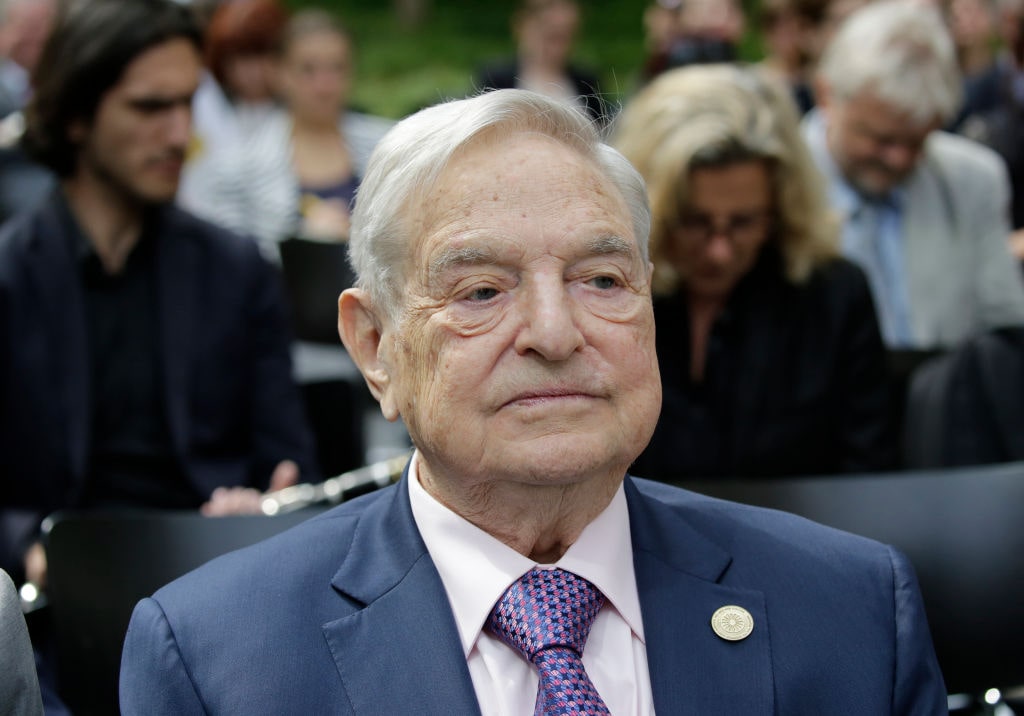Google and YouTube are shelling out $13.2 million to the International Fact-Checking Network (IFCN) to help “fight misinformation.” But does the Google-Poynter partnership safeguard truth or censor any message that strays too far from the approved narrative?
Google and Poynter
 “Google and YouTube take our role in helping to fight misinformation seriously and we continually invest in products, programs and partnerships to help people access high-quality information,” Google Global News Programs and Ecosystems Managing Director Olivia Ma and YouTube News & Civics Partnerships Director Brandon Feldman explained while announcing the latest grant. The money will support the Poynter Institute’s IFCN to create a new Global Fact Check Fund, building on previous work to “address misinformation.” This won’t be Poynter’s first cash infusion courtesy Google – just the biggest to date.
“Google and YouTube take our role in helping to fight misinformation seriously and we continually invest in products, programs and partnerships to help people access high-quality information,” Google Global News Programs and Ecosystems Managing Director Olivia Ma and YouTube News & Civics Partnerships Director Brandon Feldman explained while announcing the latest grant. The money will support the Poynter Institute’s IFCN to create a new Global Fact Check Fund, building on previous work to “address misinformation.” This won’t be Poynter’s first cash infusion courtesy Google – just the biggest to date.
Liberty Nation’s Andrew Moran detailed the tech giant’s deal with “authoritative sources” like Salon, Snopes, and Poynter’s PolitiFact back in 2017. “But who are these so-called authoritative sources,” Moran mused. “These are all liberal news websites with considerable biases, agendas, and slants.” He went on to provide multiple examples of facts “debunked” by these arbiters of truth that had since been proven accurate. But why settle for old news when there are new examples?
True or False?
The fact-checkers rejected the theory that COVID-19 was created in a Wuhan lab. But now evidence has surfaced that former White House Medical Advisor and infectious disease expert Anthony Fauci tried to downplay the possibility. Leading up to the 2020 presidential elections, Google and YouTube removed more than 300 of President Trump’s political ads. The company has been outed for having actively worked to cost Trump and other Republicans elections since 2016 and, more recently, even removing content at the behest of the Biden administration.
Ostensibly, it’s all in the name of stopping the spread of “misinformation,” of course – but too often the misinformation seems to be just whatever contradicts the accepted narrative.
Who Can You Trust?

(Photo by Popow/ullstein bild via Getty Images)
The Poynter Institute, which runs both the IFCN and PolitiFact, has been heavily funded by globalist billionaires George Soros and Bill Gates and their organizations, as well as Google and other far-left political spenders. Is it any wonder, then, that only the progressive interpretation of the truth seems to survive the fact-checking process? Who do you trust when you can’t believe the fact-checkers?
The new Global Fact Check Fund is expected to pay for 135 fact-checking organizations across 65 countries and in 80 languages. It could open as early as next year, along with a YouTube training series. “The Global Fact Check Fund will help fact-checkers to scale existing operations or launch new ones that elevate information, uplift credible sources, and reduce the harm of mis- and disinformation around the globe,” Google said in a press release. Media literacy or censorship – whatever one chooses to call it, a future in which the truth is whatever Google says it is suddenly seems a lot closer.

